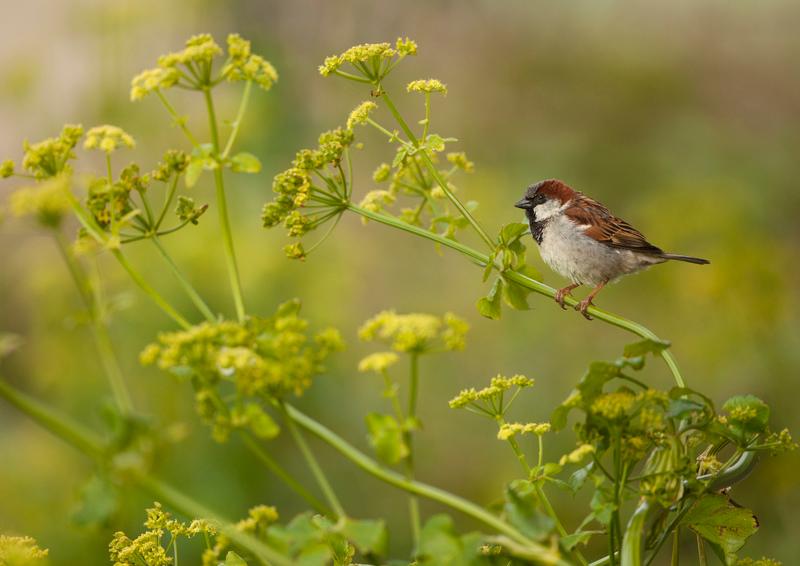Durham Wildlife Trust is launching a new initiative to help keep people entertained during the restrictions in place to cope with the coronavirus crisis.
Wild@Home has been designed to help everyone spot plants and creatures, in their own gardens, yards or nearby green spaces.
Free resources will be shared every Monday, from Monday March 30, on the Trust website, and topics will include everything from tips on how to identify plants and trees bursting into life and spotting garden birds, to when and where to watch for bats becoming more active after the long winter and how to survey the mini-beasts that are emerging.
Children – and adults – are being urged to share the information they gather by completing online surveys and on Durham Wildlife Trust’s social media sites using the hashtag #dwtwildathome
www.facebook.com/DurhamWildlifeTrust
www.twitter.com/durhamwildlife
www.instagram.com/durhamwildlife
People taking part can find lots of information to assist with their wildlife identification at www.durhamwt.com/wildathome and, if any help is needed with identification, the Trust’s staff are hand to help via social media and email (mail@durhamwt.co.uk).
Durham Wildlife Trust Director Jim Cokill said: “We know that this is an anxious time for many people and keeping the mind active will be vital in the weeks and months to come.
“Spring is a terrific time to spot animals and plants as the world comes back to life and sharing details of what we see is an excellent way of focusing the mind on something other than the virus. Of course, gardens are teeming with wildlife, but you can spot wildlife through your window or along any street if you take time to look and if the Durham Wildlife Trust team can assist with identification that will help to keep their skills sharp, too.
“Keep an eye out for house sparrows, blackbirds, the first swallows returning, red admiral and small tortoiseshell butterflies, or, during early evening, bats.
“Alternatively, if getting outside is not possible, ‘kittiwake cam’ is now online where you can view the most inland breeding colony of kittiwakes in the world. These fantastic birds spend Autumn and Winter out at sea and return to nest on building and bridge ledges along the Tyne in late February through to August. You can visit our website to view the camera live.”
Durham Wildlife Trust, which is active across County Durham, the City of Sunderland and the boroughs of Gateshead, South Tyneside and Darlington, has 37 Nature Reserves and also supports management across a number of other sites. The Trust is currently offering a pack of six wildlife activity booklets free with new membership; details can be found on the Trust website.
The Trust has urged people to follow the latest Government guidance on social distancing if they are visiting its sites and also that any visitors respect and protect the wildlife by adhering to the usual guidelines as marked on signs and taking any litter home.
The Trust’s two visitor centres, at Rainton Meadows near Houghton le Spring, and Low Barns near Witton le Wear, are closed.
Jim Cokill said: “At a time like this, many people are seeking to get out into the open air, which has always been good for wellbeing. However, people do need to be sensible in these testing times. The quicker we overcome coronavirus, the quicker we can all get back to enjoying our region’s wildlife.”










